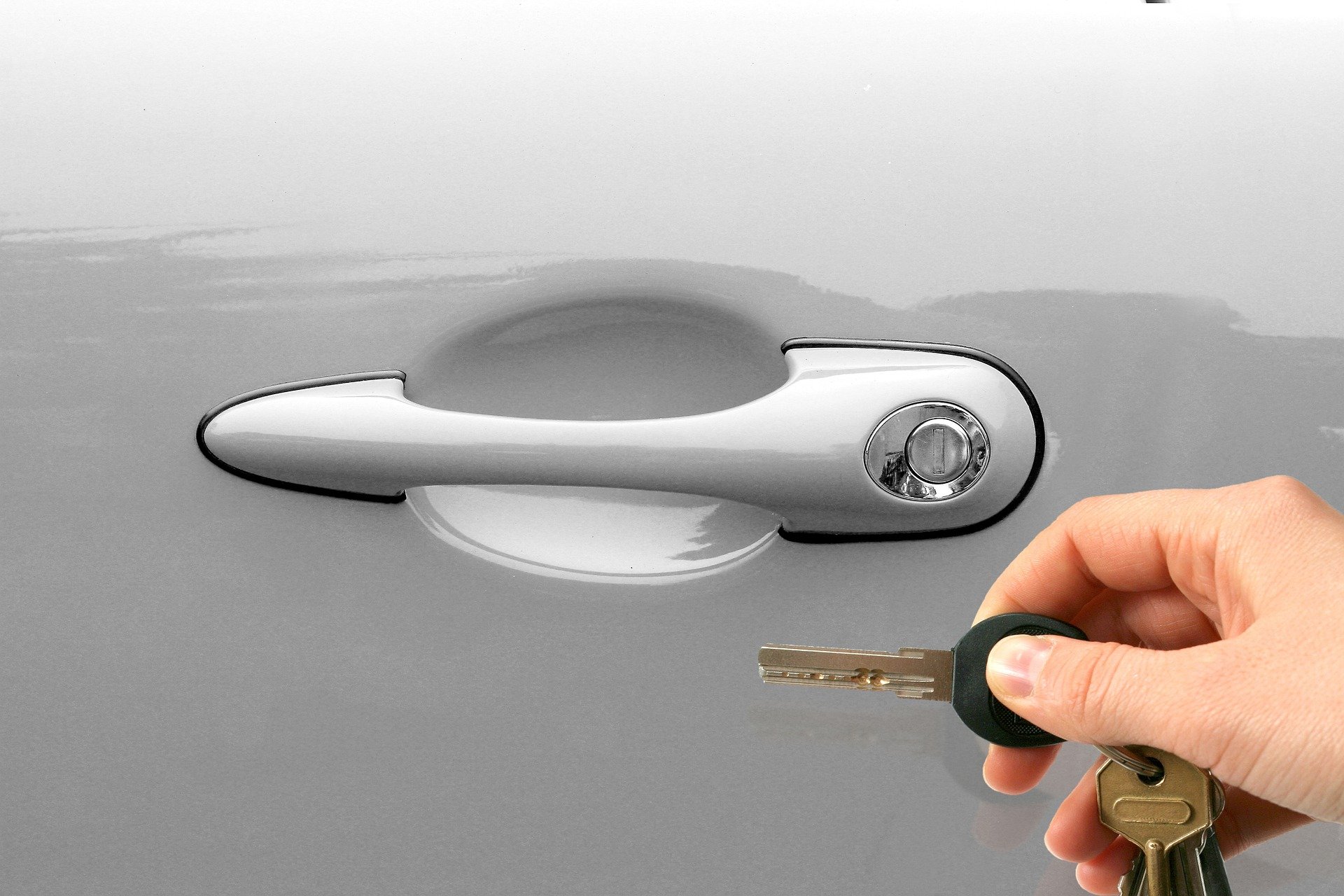Why is car ownership declining?
As recently as the 1990s, owning a car was considered by many to be one of life’s biggest milestones — the moment you gained independence as an adult and had the freedom to go wherever and whenever you wanted. Former UK Prime Minister Margaret Thatcher supposedly even went as far as saying: “if a man finds himself a passenger on a bus having attained the age of 26, he can count himself a failure in life”. Whether that’s a reasonable view or not, it does show how much car ownership was valued in society at the time.
However, it appears that those attitudes have changed over the years. According to statistics from the BBC, 80% of Brits had passed their driving test by the age of 30 in the 1990s, but nowadays 80% do so by the age of 45 instead. People are now driving 10% fewer miles than they did in 2002, and spend 22 hours less a year driving than they did a decade ago. This isn’t just a British phenomenon either, with countries including Australia, Germany and the US reporting similar trends. In fact, global car sales declined in 2018 and 2019, and are expected to drop further in 2020 too. What exactly has led to this huge decline in car ownership worldwide?
Better transport alternatives
Rapid improvements to public transport infrastructure in recent decades has lessened many people’s desire to drive, especially in major cities. Studies have actually shown a link between strong public transport systems and lower rates of car ownership in cities like Copenhagen, Beijing and Shanghai. Plenty of consumers also shun vehicle ownership in favour of shared mobility, which involves gaining short-term access to transportation when required. This is often much cheaper too as they only pay when necessary, rather than constantly spending money on car use and maintenance all-year round. Even those who provide public transportation services may rely on shared mobility. For example, a high percentage of drivers for ridesharing companies like Uber and Lyft rent the cars they use rather than buy them, with companies like Hirebrid in the UK and HyreCar in the US offering car hire services specifically for people driving for PCO companies.
High costs
Statistics released by travel and leisure company AAA show that the cost of car ownership is the highest it’s ever been since they started tracking this data in the 1950s, rising by 24% in 2019 alone to $9,282 (£7,179). The story is the same across Europe, with environmental and safety regulations, and rising costs of insurance and fuel exponentially pushing up the price of cars. As such, it’s easy to see why so many are shunning car ownership, especially with the wealth of alternative transport options now available. After all, the cost of owning a car goes far beyond simply buying fuel. The price of maintenance and repairs, insurance, registration fees, and depreciation all seriously stack up, even before you factor in the increased cost of living many people face, which has led to people living more frugally than ever.
Environmental concerns
The ongoing climate emergency has led many people to think twice about owning a car. Vehicles have a hugely negative impact on the environment, especially those that run on fuel, with emissions causing around a third of the air pollution in the United States alone. And unfortunately, even though electric vehicles are much more eco-friendly in comparison, they still have their drawbacks, such as the amount of water needed for the battery mining process.
Automotive production itself also leaves a large carbon footprint, due to the high usage of unsustainable materials like rubber, glass and plastics, while the fuel extraction process is also incredibly energy-intensive. It’s well known that younger generations tend to be more environmentally conscious than their older counterparts, so it stands to reason that they would avoid driving on those grounds. This also corresponds to widespread reports of younger people being less car crazy than their seniors.

